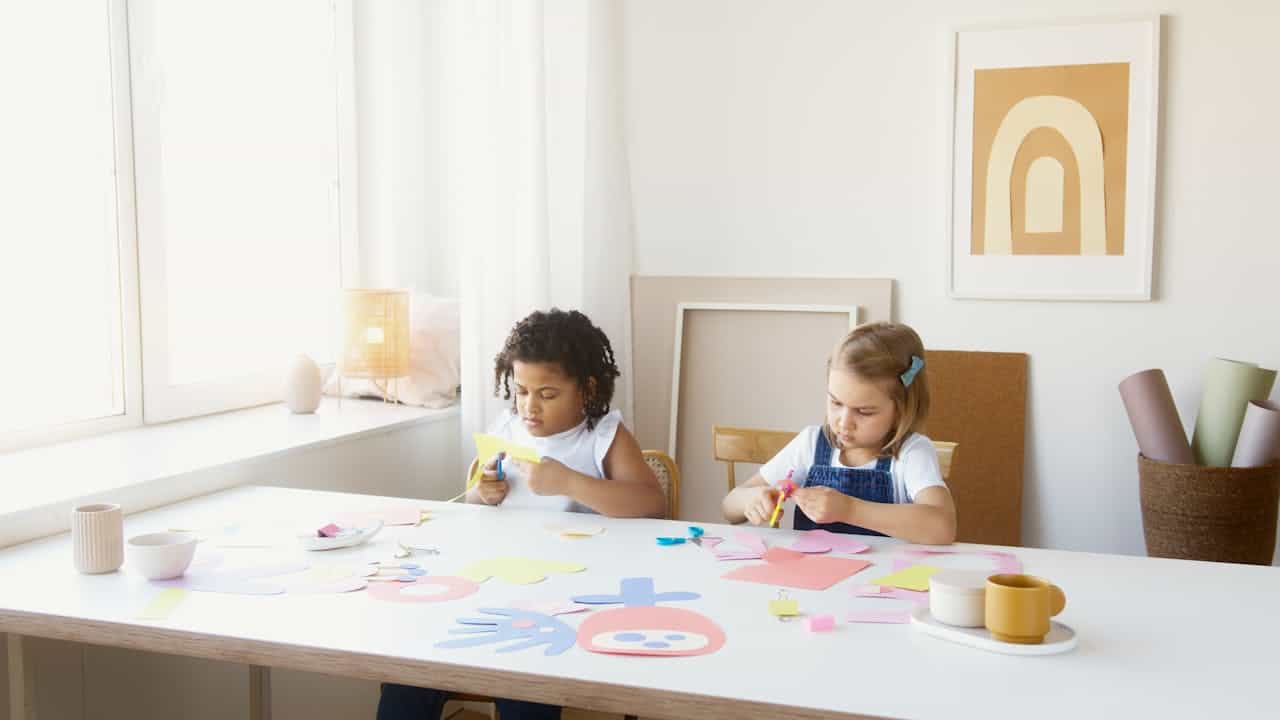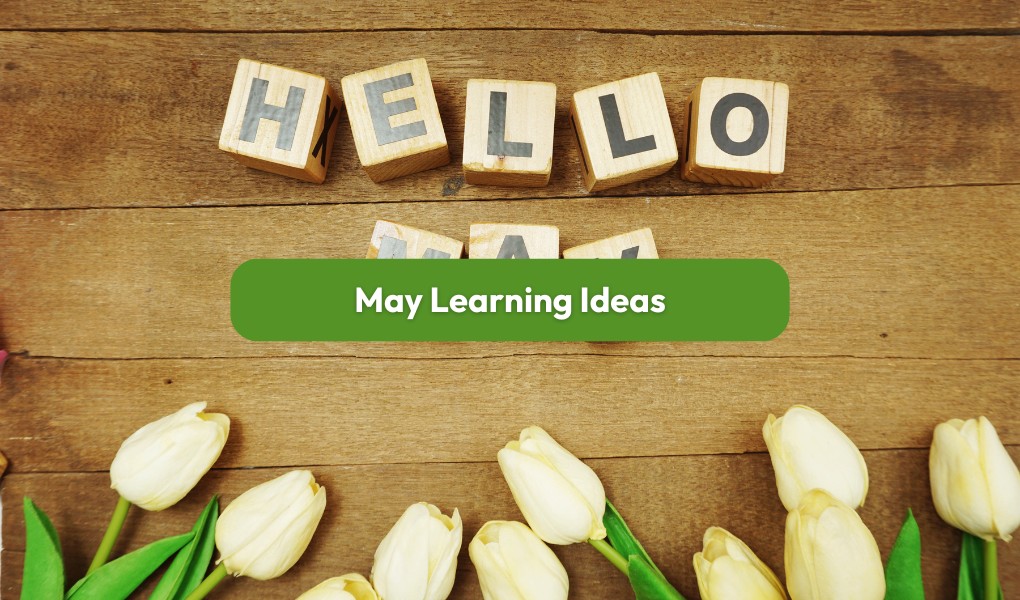Have you ever thought about your children homeschooling with their friends? Are you wondering whether it’s a good or bad idea? Perhaps these 16 great benefits will persuade you to give it a try!

Table of Contents
Have you ever thought about your children homeschooling with their friends? Are you wondering whether it’s a good or bad idea? Perhaps these 16 great benefits will persuade you to give it a try!

Academic Benefits
Collaborative learning
Homeschooling with friends encourages children to do collaborative projects and learn various topics together. You’ll find that children are more engaged when they have others to communicate and work with, rather than having to learn on their own. There’s nothing better than teamwork!
Wider variety of resources
A great reason to homeschool with friends is the variety of resources and educational materials that children will have access to. Every family will have something different to offer, some of which they might not have discovered or had access to before, and they’ll get a lot more out of sharing these resources.
Customised learning
Many children will have different interests, but this is a positive within a group setting because they will be able to share these interests with their friends. Learning can still be customised within the group, depending on the needs and learning styles of each child, and children will also be able to experiment and try out something different to what they are used to.
Enriched learning experiences
There are many opportunities for enriched learning experiences when homeschooling, but getting to do them with friends is even better. There is also the benefit of group discounts.
Social Benefits
Strong friendships
A lovely social benefit of homeschooling with friends is the creation of even stronger friendships between those in the group, and also deeper relationships between children and parents.
Social skills
Homeschooling with friends really develops a child’s social skills as they have regular interactions together in an environment that is both familiar and comfortable to them. They also benefit from being with children of different ages and around other adults. And the nice thing is that parents can take turns in facilitating the learning.
Community
When children learn with their friends, they will feel what it means to be part of a close-knit community. They can rely on and help each other, building a valuable support network and even greater friendships.
Practical Benefits
Shared responsibilities
Homeschooling with friends is not just great for children; it’s great for parents too! By sharing teaching responsibilities and taking turns, they reduce the workload and minimise stress for each other.
Cost effective
Homeschooling is made more affordable when families are able to share the cost of educational materials, extracurricular activities and other expenses. Children are also exposed to a variety of resources that they may not have had access to before.
Flexible and varied teaching methods
When children homeschool with friends, they are exposed to various teaching methods and flexible approaches. Because not all children learn the same way, adults can adapt the learning for the individual.
Family and Lifestyle Benefits
Bonding
Another great benefit of homeschooling with friends is the strengthening of bonds. Families who share learning experiences with others also increase their own quality time together.
Flexible schedules
Often parents will need a break or a bit more flexibility in their schedule, so having their children homeschool with friends makes this possible. These groups can also be organised quickly and the day and time is completely flexible.
Emotional and Psychological Benefits
Reduced peer pressure
When children homeschool with a small group of friends, they’re less likely to feel the same peer pressure that they’d feel in a classroom of thirty students. It’s also much easier for children to go at their own pace because they’re not having to keep up or be at the same level as someone else.
Boosted confidence
Children are a lot more confident around their friends, and this can help them to excel at certain tasks and be more vocal about their opinions.
More support
Both adults and children receive a lot more support when homeschooling with friends because they are all there to help and encourage each other.
More relaxed environment
An environment that is familiar to children is definitely going to be more relaxed, even if they do get a bit over-excited when they’re with their friends! And they’re likely to be less stressed learning together than if they were to learn on their own.

m@liberated
Want more from Liberated to Learn?
Subscribe to stay updated about new posts, resources and giveaways!












